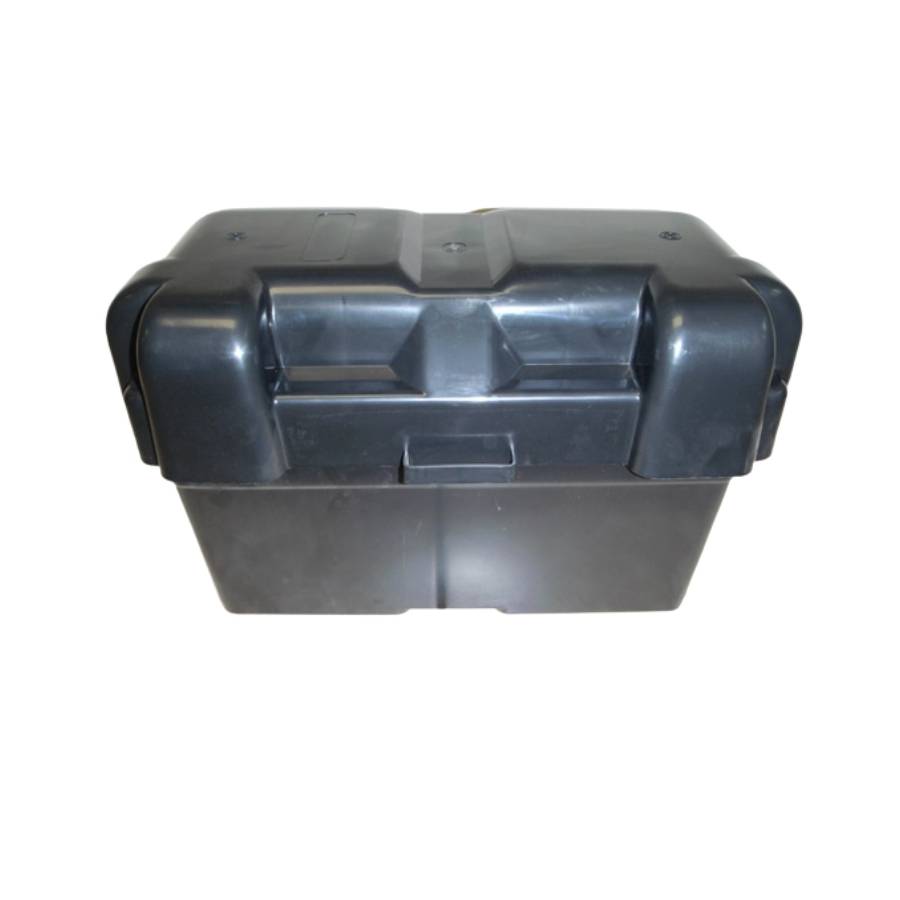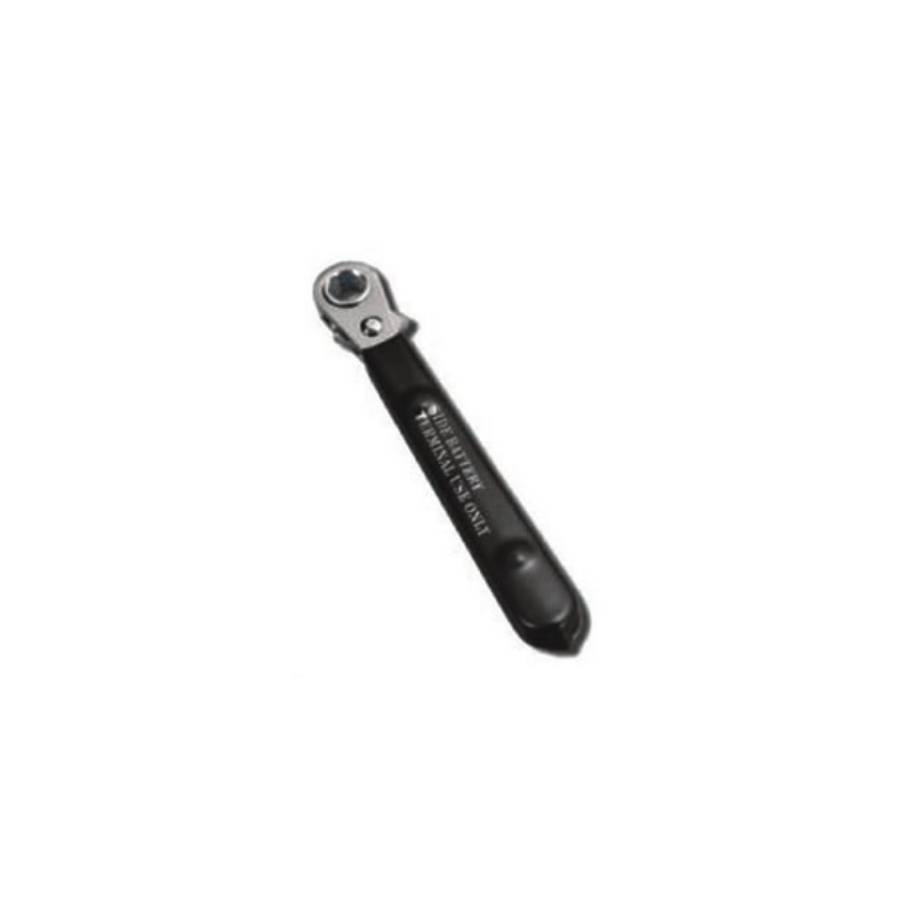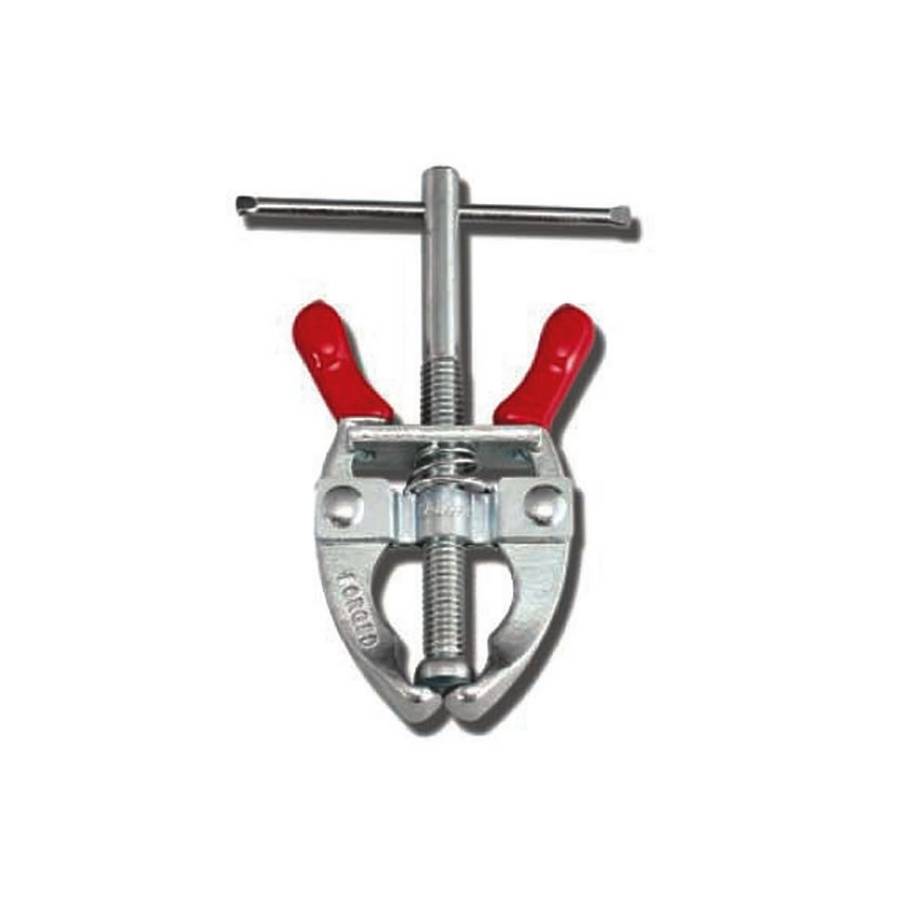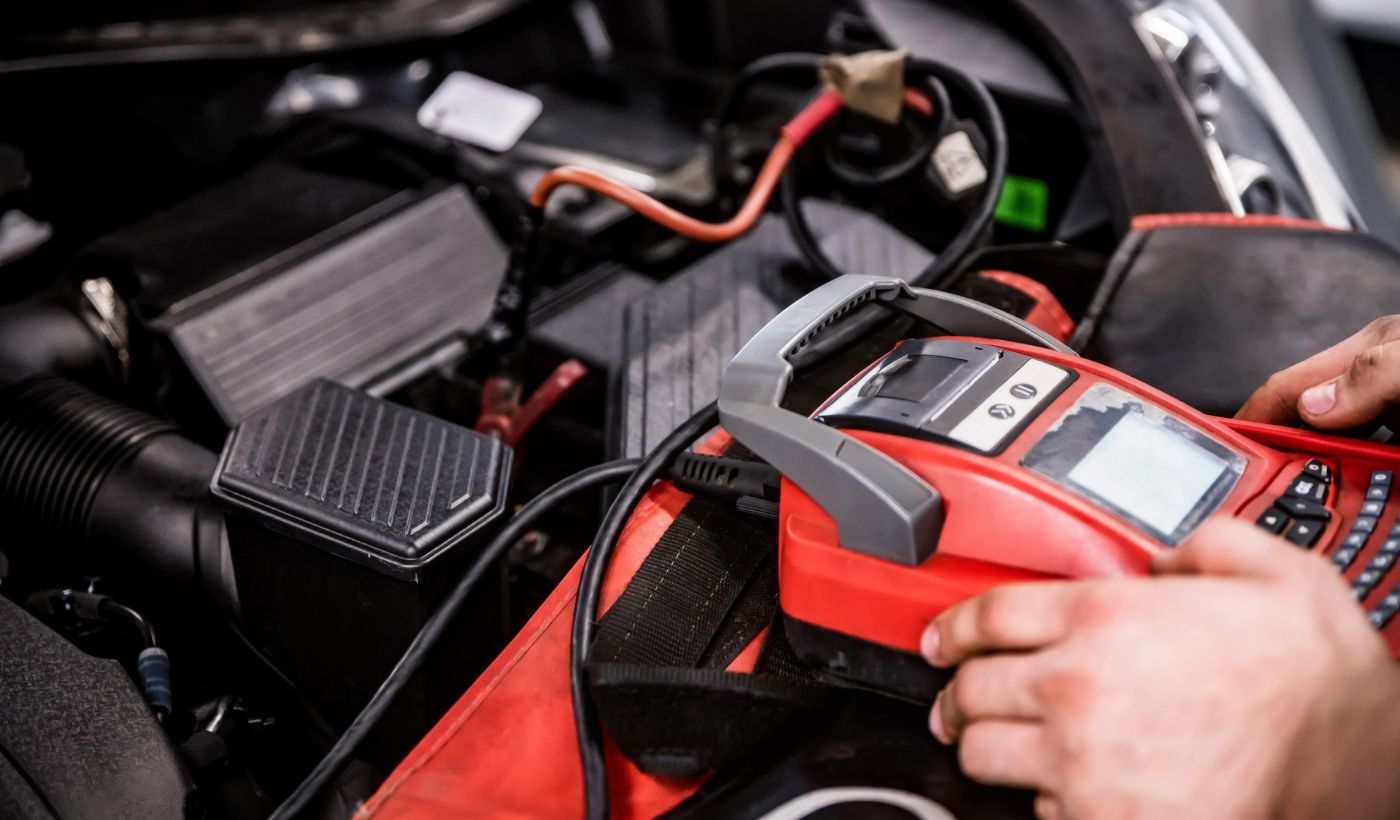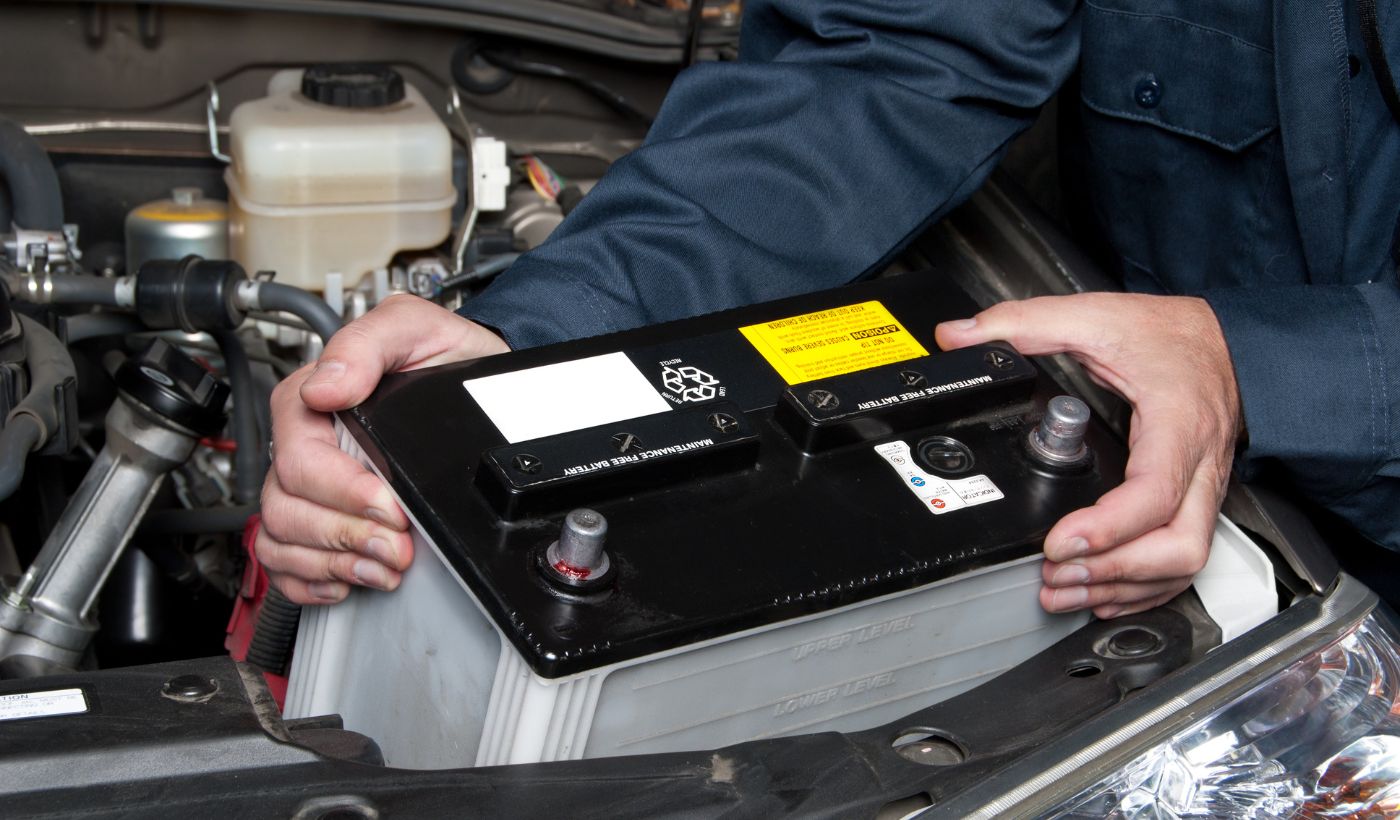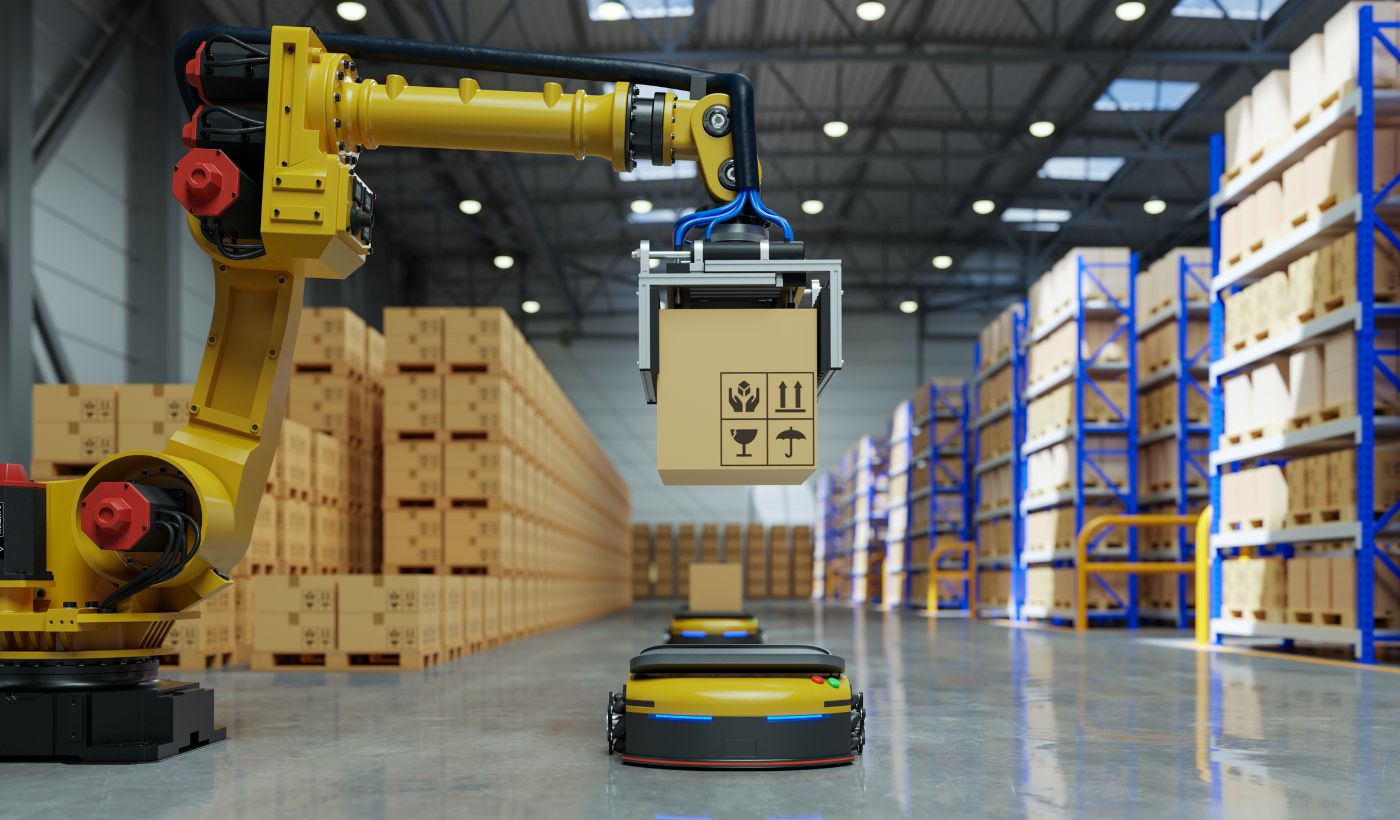
Powering Progress: Industrial Batteries for Heavy Equipment and Beyond
Industrial batteries are the unsung heroes of our modern world, powering everything from forklifts in warehouses to massive excavators on construction sites. Let’s explore the world of industrial batteries and their crucial role in keeping heavy equipment and various industries running smoothly.
What Are Industrial Batteries?
Industrial batteries are high-capacity, durable power sources designed to provide reliable energy for heavy-duty applications. Unlike consumer batteries, industrial batteries are built to withstand harsh environments, heavy use, and deliver consistent power over long periods.
Types of Industrial Batteries
Industrial batteries come in several types, each suited for specific applications:
- Lead-Acid Batteries: Traditional, cost-effective option for many applications.
- Lithium-Ion Batteries: Lighter weight with higher energy density and longer lifespan.
- Nickel-Cadmium (NiCd) Batteries: Known for reliability in extreme temperatures.
- Nickel-Metal Hydride (NiMH) Batteries: Higher capacity than NiCd with less environmental impact.
Applications of Industrial Batteries
Industrial batteries power a wide range of equipment and applications:
- Material Handling: Forklifts, pallet jacks, and automated guided vehicles (AGVs).
- Construction Equipment: Excavators, bulldozers, and cranes.
- Mining Equipment: Underground loaders, shuttle cars, and drill rigs.
- Renewable Energy Storage: Large-scale solar and wind energy systems.
- Telecommunications: Backup power for cell towers and data centers.
- Healthcare: Emergency backup power for hospitals and medical equipment.
Key Features of Industrial Batteries
Industrial batteries are designed with several crucial characteristics:
- High Capacity: Able to provide power for extended periods without recharging.
- Durability: Built to withstand vibrations, shocks, and harsh environments.
- Fast Charging: Many modern industrial batteries support rapid charging for minimal downtime.
- Long Cycle Life: Capable of many charge-discharge cycles before replacement is needed.
- Low Maintenance: Many types require minimal upkeep, reducing operational costs.
Choosing the Right Industrial Battery
Selecting the appropriate industrial battery depends on several factors:
- Application Requirements: Consider power needs, duty cycle, and operating environment.
- Voltage and Capacity: Ensure the battery matches the equipment’s specifications.
- Size and Weight: Important for mobile equipment and space-constrained applications.
- Charging Infrastructure: Consider available charging time and facilities.
- Total Cost of Ownership: Factor in initial cost, lifespan, and maintenance requirements.
Maintenance and Safety
Proper maintenance is crucial for industrial battery performance and longevity:
- Regular Inspections: Check for damage, corrosion, and proper fluid levels (if applicable).
- Proper Charging: Follow manufacturer guidelines to avoid overcharging or undercharging.
- Temperature Control: Many batteries perform best within specific temperature ranges.
- Safety Protocols: Implement proper handling procedures and provide protective equipment.
- Recycling: Ensure proper disposal and recycling of old batteries.
Emerging Trends in Industrial Batteries
The industrial battery sector is evolving rapidly:
- Advanced Lithium Technologies: Improving energy density and cycle life.
- Smart Batteries: Integrated monitoring and management systems for optimal performance.
- Sustainable Materials: Development of more environmentally friendly battery technologies.
- Fast Charging: Innovations in ultra-fast charging capabilities.
Conclusion
Industrial batteries are the powerhouses behind countless operations across various sectors. From construction sites to renewable energy farms, these robust power solutions keep our world moving. As technology advances, we can expect even more efficient, durable, and sustainable industrial batteries to drive progress in heavy equipment and beyond. Choosing the right industrial battery is not just about power – it’s about partnering with a reliable energy source that can withstand the demands of your specific application.

